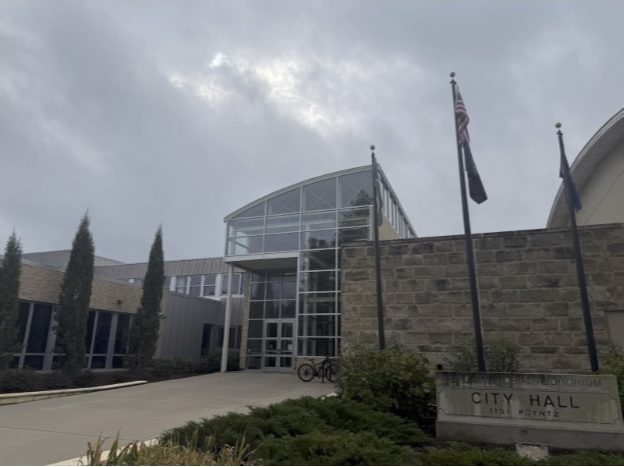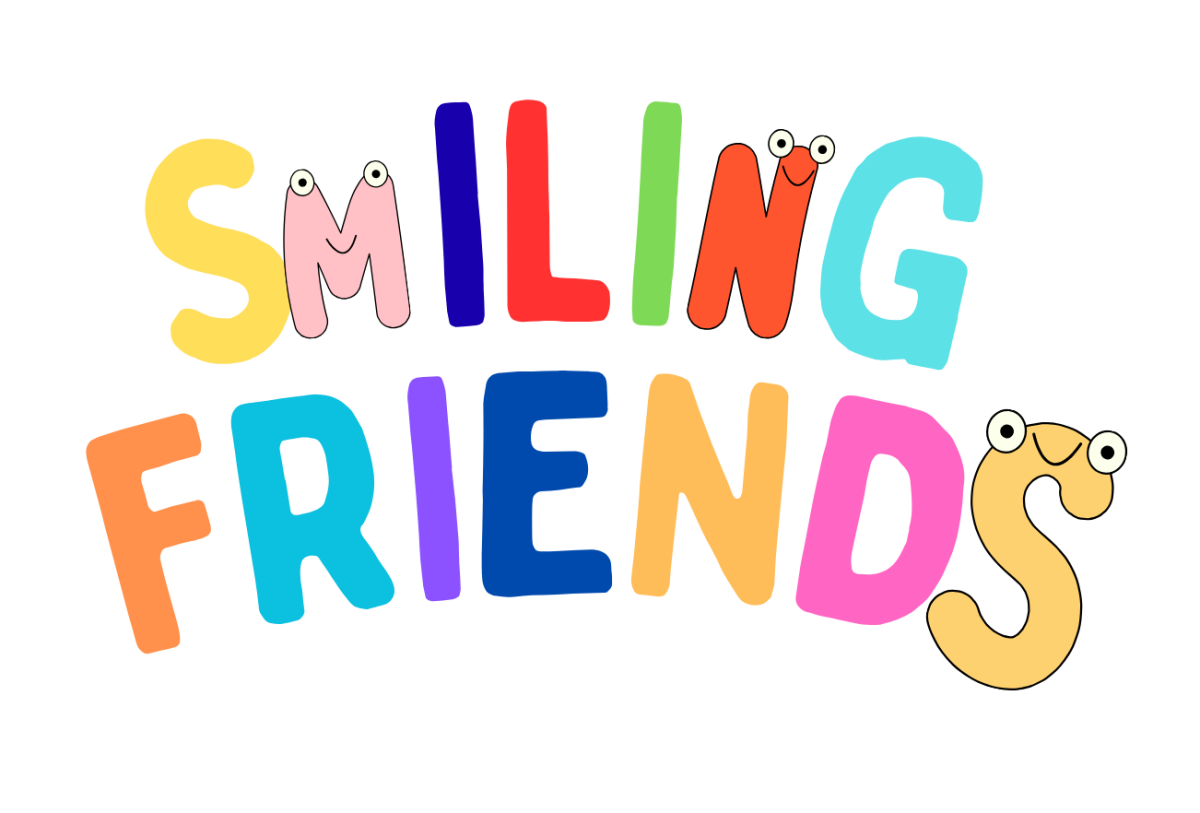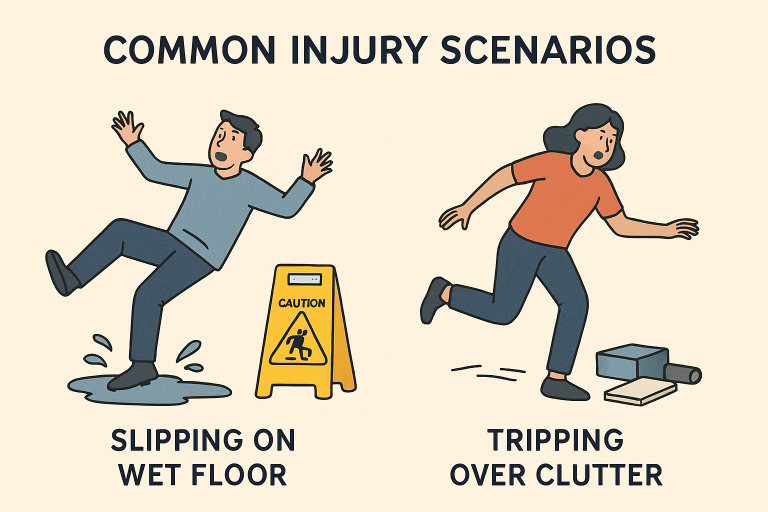Teaching is one of the hardest yet most rewarding jobs out there.
If we talk about the future, we talk about the children who will lead the next generation. However, we forget the hands that have worked equally to create that future, Our Teachers.
Every day, the future relies on the teachers doing their jobs to raise, mold, shape, and guide students to become better and more successful people in life.
We believe that being a teacher is the only thing that impacts hundreds and thousands of lives. It is a great responsibility that is highly rewarding.
While you might see becoming a teacher as adding value to society or doing something for the next generation, you can’t just stand up and become one. You have to qualify for the Professional development K-12 program for educators.
What Is Professional Development For K-12 Educators?
A Professional Development for K-12 Educators is a continuing education effort for educators. It is one way where teachers can further hone their skills and become better at what they do, Teaching.
This is where professional development programs help aspiring teachers learn the art of teaching. Learning can take place in formal and informal settings. The formal setting will include –
- Workshops.
- Seminars.
- Conferences.
- Retreats.
- Courses.
And informal opportunities for teachers to become professionals include –
- Peer learning initiatives.
- Independent research.
- Or even just chatting with colleagues in the staff room.
How To Make Professional Development For K-12 Educators Effective?
When you are running a professional development program for K-12 educators, there are a lot of challenges that you can encounter along the way. While challenges can be daunting, you must ensure that they shouldn’t stop creating opportunities for the teacher to learn.
This is how you can make professional development for K-12 educators effective.
Get Teachers Invested
Most teachers might feel uncomfortable being treated like a child. After all, they are trained professionals who are there to develop a unique and powerful skill set.
In this scenario, it is most likely that the training without any engagement will be meaningless. Therefore, it is important for teachers to engage in active learning just like students.
For instance, if it’s about service-learning, ask the teacher to research and find the organization where their class can get involved.
Teachers are equally responsible for engaging in an event. Just like students learn in different ways, a teacher also learns differently.
Make Your Professional Training An Ongoing Process
Just learning and training in art teaching is not enough. Whatever the teachers have learned needs to be put to practical use. It is important to know that teacher professional development is a self-defeating cycle. If you are not practicing it, it will lose its purpose.
This creates uncertainty, unanswered questions, and a lack of confidence that stops teachers from trying new teaching techniques in the classroom. The best thing to do is to support the teachers and offer them the freedom to try new teaching methods.
Focus On Personalized Training
Every teacher is different and has a different approach when it comes to taking their students. So, instead of following the same training program, why not just go with a personalized program.
Sit down with the educators from the school and see which plan will work the most to influence them. For instance –
- What subject do they teach?
- What is the age range?
- Are they happy with the current situation?
- How do they see their future?
- What do they need to make that happen?
After answering these questions, you will figure out what training method will be suitable for each teacher.
Conclusion
When you are a teacher, there is a lot to keep track of in your school. You will find it hard to take out time for yourself. But, as we know, adults always have it hard. You must work hard to take time out to attend professional development classes and nurture yourself to become an even better teacher.
You don’t have to invest in yourself completely. If you don’t have the time, start small and take baby steps. Eventually, you will be able to complete your professional development program.
If you want to know more about professional development programs for K-12 educators, reach out to us. We will be happy to help a fellow teacher.
























































































































